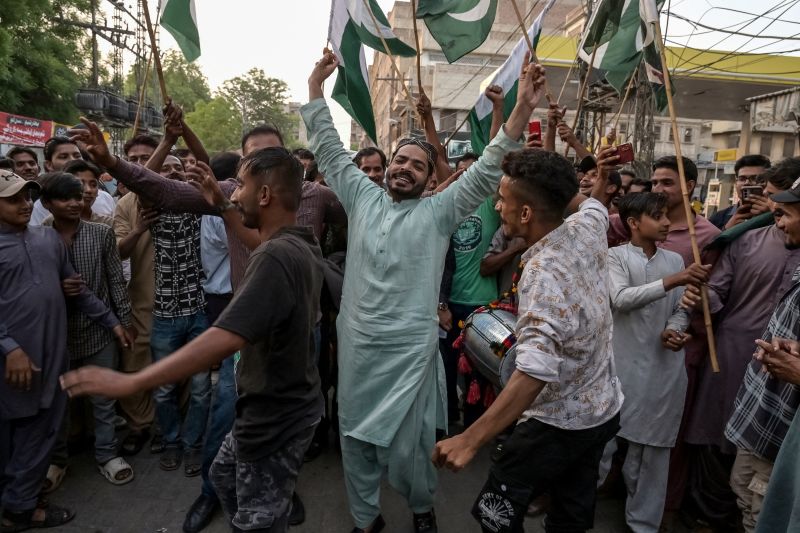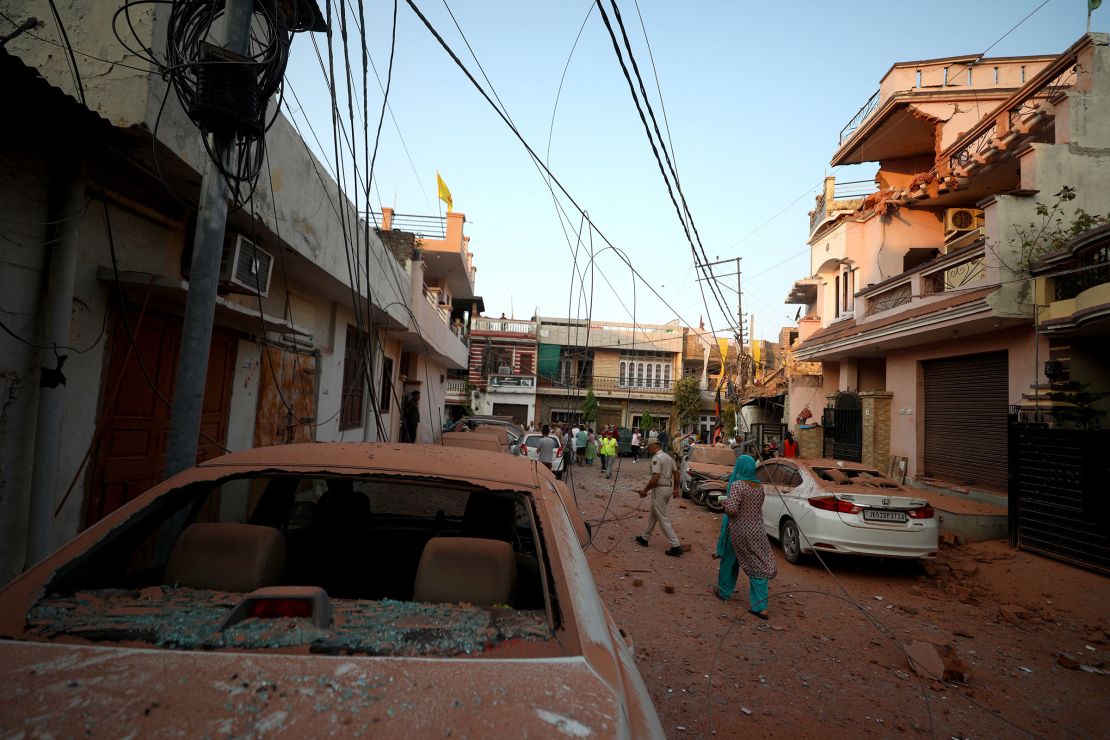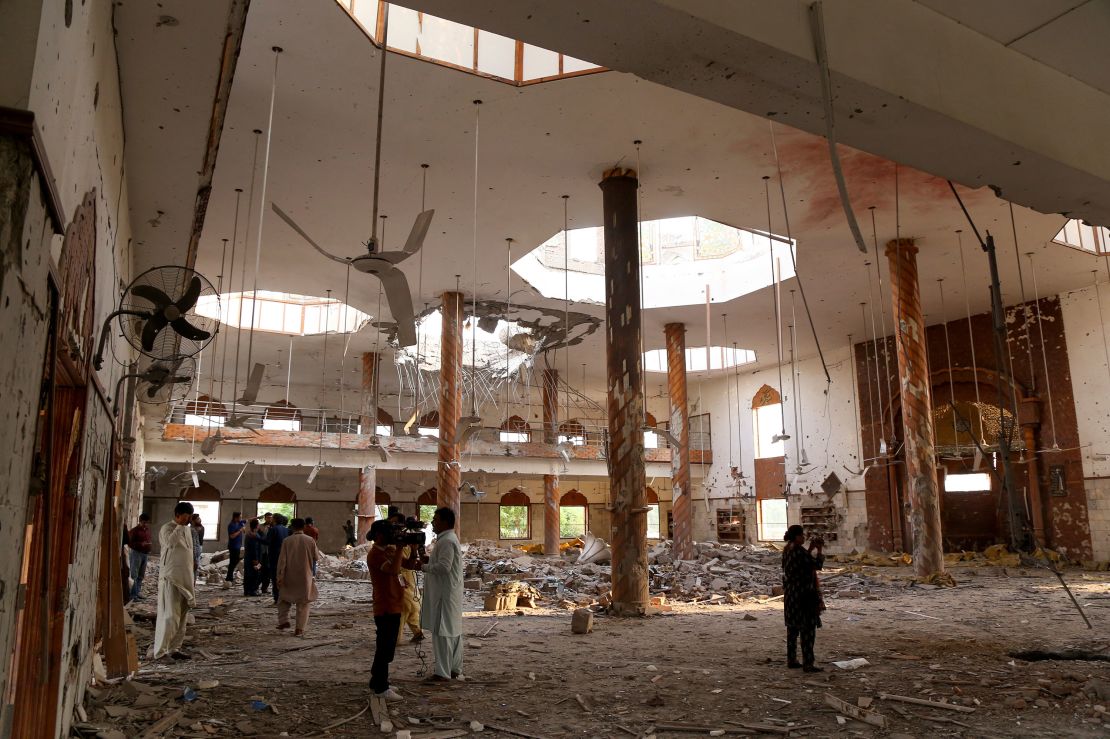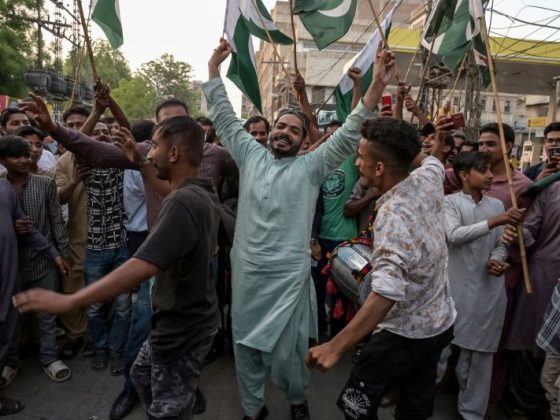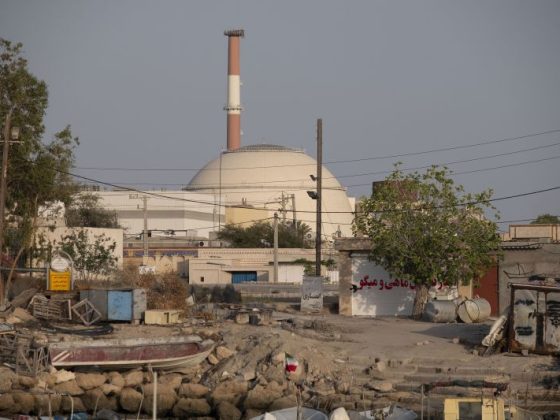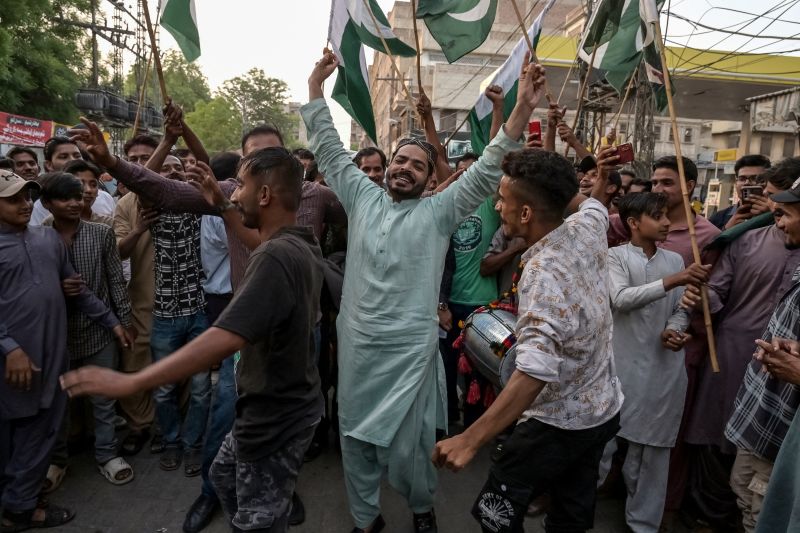
The India-Pakistan conflict was taking a dramatic turn for the worse, pitching the nuclear-armed neighbors into a dangerous spiral of tit-for-tat strikes.
Then, out of the blue, US President Donald Trump on Saturday said the US had brokered an end to the fighting.
On his Truth Social platform, he made the surprise announcement that India and Pakistan had agreed to a “full and immediate” ceasefire – all the more unexpected as, just days before, Vice President JD Vance had insisted the conflict was “fundamentally, none of our business.”
Already, this was an emotionally charged conflict, sparked by the shocking terror attack in Indian-administered Kashmir last month – in which 26 people, mainly tourists, were shot dead by rampaging gunmen.
To make matters worse, in the Indian airstrikes that followed, Pakistan claimed to have shot down five Indian air force jets in what would be a stinging blow for the Indian military.
Still, the escalating attacks deep inside Indian and Pakistani territory seem to have focused minds in Washington, which has clearly pressured both sides to step back from the brink.
US Secretary of State Marco Rubio said in a statement that he and Vance had spoken to the political and military leadership in India and Pakistan to secure agreement before the situation deteriorated further.
Just hours before the ceasefire announcement, India had struck Pakistani military bases provoking a furious retaliation from Pakistan, which launched rockets, artillery and drone strikes on dozens of locations in India, provoking growing nationalistic calls for retribution.
There are conflicting accounts of how the ceasefire was negotiated. While Islamabad praised US involvement, New Delhi downplayed it – keen to portray the ceasefire as a victory and saying that the neighbors had worked together “directly” on the truce.
Whatever the US role was exactly, the White House was frankly pushing on an open door – it is in neither India’s nor Pakistan’s interest for the conflict to continue.
The truce is also exactly the kind of quick deal Trump hoped he could broker elsewhere, such as in Ukraine, where conflict with Russia has been dragging on for nearly three and a half years.
In comparison, the intense fighting between India and Pakistan seems to be over after just three and a half days.
But this Trump truce may not herald a lasting peace.
Even a few hours into the ceasefire, reports emerged of violations in the form of explosions in Indian-administered Kashmir and allegations of ongoing cross border attacks. This may settle down as the truce takes root.
But there is a bigger problem too: the US-brokered ceasefire agreement will not go anywhere near addressing the fundamental grievances fueling the decades-long dispute over the status of Muslim-majority Kashmir, which is claimed by both India and Pakistan and has a separatist, independent movement.
The latest confrontation over Kashmir may be coming to a end, but it is likely to return with a vengeance.
